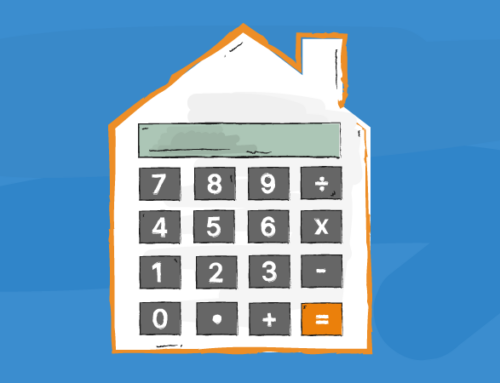Universal Credit: What is it and What Does it Mean for Landlords?

With the current Universal Credit Transition Rollout Schedule in place for March 2018 to December 2018, we wanted to clarify how this could affect you, as a landlord. This schedule sets out the latest planning assumptions for sites transitioning to the Universal Credit full service.
The concept, Universal Credit, refers to the social security benefit, introduced and enforced in the United Kingdom in 2013 to replace six means-tested benefits and tax credits. These include income-based Jobseeker’s Allowance, Housing Benefit, Working Tax Credit, Child Tax Credit, income-based Employment and Support Allowance and Income Support.
What is the purpose of Universal Credit and how does this affect landlords?
Universal Credit was introduced with the purpose of educating tenants about the importance of budgeting and more importantly, how to budget. However, many landlords are not keen on this idea, due to anxiety around tenants potentially falling into rent arrears because of the freedom this method provides. Prior to this transition, the Housing Benefit process meant that rent was paid directly to the landlords.
Yet, all is not lost, as, if a landlord can prove that the tenant is in arrears of two months or more, it will introduce payments direct to the landlord – as used to happen under Housing Benefit.
This is a result of extensive campaigning by the Residential Landlord Association (RLA), the Department for Work and Pensions (DWP), confirming that landlords will no longer need tenants’ consent when applying for Alternative Payment Arrangements (APAs).
Eligibility
Those who are eligible for receiving Universal Credit are either currently on a low income or are presently unemployed. In order to receive Universal Credit, the criteria for each individual is as follows:
- Be 18 or over
- Be under State Pension age
- Not be in full-time education or training
- Not have savings over £16,000
Landlord News provides a multitude of helpful guides, including one on Universal Credit.
What can landlords and tenants do to protect themselves and avoid this issue?
As a responsible landlord, you should ensure that the following measures are adhered to in order to protect yourself and your tenants:
- Go online – If tenants don’t have access to the internet or are not confident using a computer, they can go to their local Jobcentre to get help.
- Open a bank account – Universal Credit will usually be paid monthly in arrears into a single account, so your tenants will need to be able to set up Direct Debits or standing orders to pay their bills and rent.
- Use the Personal Planner – this checks what changes your tenants may need to make to get ready for Universal Credit.
- Read the welcome guide – all claimants receive a universal credit welcome guide when they make a claim, to help support them through the changes.

Universal Credit: What is it and What Does it Mean for Landlords?
Written by Renee Simone Wells.



